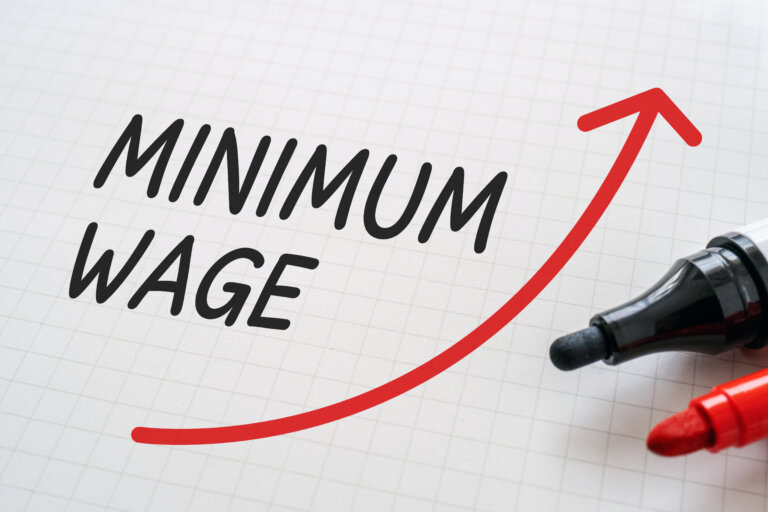Do you work in Tucson, and if so, have you checked your hourly pay recently? If not, you may be missing out on a minimum wage hike that went into effect recently. That means you could also be paid less overtime than you deserve. Tucson is an example of a city in which the local minimum wage may be higher than not only the federal but the state minimum wage. Our firm can help if you have questions about your minimum wage or overtime rights.
Tucson’s current and future minimum wage rates
Tucson’s current minimum wage of $13.85 per hour matches the Arizona rate. But the wages for Tucson workers will increase on January 1, 2024, to $14.25 per hour. On January 1, 2025, the rate will increase again to $15.00 per hour.
On January 1, 2026, and each January thereafter, the Tucson minimum wage rate will be based on the rate of inflation. Each new rate will be determined by multiplying the percentage rate of inflation by the minimum wage that was in effect on December 31 of the previous year, with the resulting figure rounded to the nearest multiple of five cents ($0.05).
Why are there different minimum wage rates and what do they mean?
At the first of next year, and barring any additional legislation, these will be the federal, state, and local minimum wage rates for Tucson workers:
- Federal: $7.25/hour
- Arizona: $13.85/hour
- Tucson: $14.25/hour
These different rates may confuse some workers, so it should be noted that state and local governments are free to set their own minimum wages as long as they are at least as high as the federal rate. Moreover, a local government (e.g. Tucson) can set its own rate as well, provided it is at least as high as both the federal and state rates. This is precisely what Tucson is doing.
Tucson is one of many cities across the country in which the local minimum wage rate is higher than the federal or even the state rate. The highest one will always apply wherever the employee works, so be sure to check with your local government to ensure you are being paid the correct hourly wage. Also, keep an eye on your pay records to make sure your employer is applying the correct rate.
Overtime may also be affected
Since overtime is based on a worker’s hourly rate, and the rate must be at least the applicable minimum wage, whether you are being paid the correct minimum wage will also affect your overtime pay. If you’re being paid less than the minimum wage, then you’re being paid less overtime than is required.
Under the Fair Labor Standards Act, or FLSA, most hourly workers are required to be paid overtime once they exceed 40 hours in a given workweek. Overtime is also known as time and a half because the rate is 1.5 times the regular hourly rate. For example, if a minimum wage employee works 45 hours in a week, the employer must pay 40 hours at the regular rate (currently $13.85/hour in Tucson) and 5 hours at the overtime rate ($20.78/hour, or $13.85 multiplied by 1.5).
Are You Being Paid Correctly? If Not, We Can Help
Employers use a number of tactics to deny their employees both their minimum wage and overtime pay. An employer may deliberately apply an incorrect minimum wage or, in the case of overtime, falsely claim the employee is exempt under narrow federal rules. If you are not being paid what the law requires, or you’re simply not sure, reach out to The Lore Law Firm. Complete our free and confidential client intake form today to get started.
